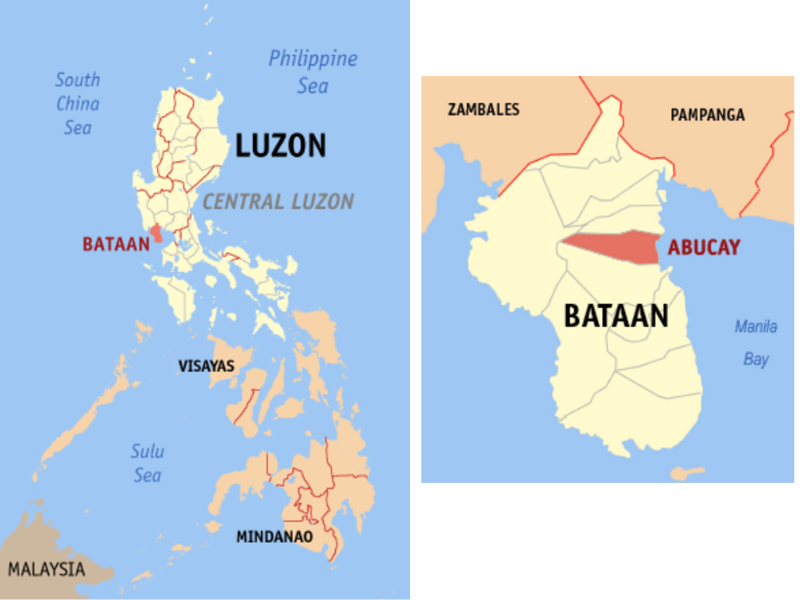The first-ever Kampong-Wika (Language Camp) for Indigenous youth of the Ayta Magbukun community was held May 5-8, 2025 with 17 participants aged 10–16. The event took place at the Ayta Magbukun Bahay-Wika (Language Nest) facility in Brgy. Bangkal, Abucay, Bataan, Philippines. The facilitators were teachers from the Bahay-Wika program and community elders.

The idea of holding a camp was suggested by Bahay-Wika teacher, Alfie Sison, to have a program for the youth to learn their language and culture. The organizing team adapted some of the ideas and suggestions from the First Peoples’ Cultural Council’s Culture Camps for Language Learning: An Immersion Handbook. The book was originally created for First Nations communities in British Columbia, Canada, demonstrating some of the ways Indigenous communities are connecting globally to share knowledge for language revitalization.
The camp had several key goals: to raise awareness and appreciation of the Ayta Magbukun language and culture among the youth; to create opportunities for intergenerational connection and interaction of Elders and youth; to facilitate learning of Ayta Magbukun language, traditions and culture through camp activities; and to increase the number of semi-fluent and/or fluent speakers of the Ayta Magbukun language among the youth.
According to Sison, “The results of the previous language camp were good. The participants enjoyed the camp. They enjoyed playing our traditional games.”
Activities began with participants listing Magbukun words they knew. Elders reviewed these words and explained the meanings of unfamiliar terms. The camp also featured role-playing exercises depicting traditional Magbukun practices, a river visit to demonstrate traditional food gathering and cooking methods, and Indigenous games.
“What I would suggest for the next language camp is that we have an overnight camping, pagdadansu as we call it, so that the next batch of participants can experience what our elders experienced when they sleep in the forest. For example, making a danhu or a hut-like sleeping area. Kampong-Wika is important because it continues the learning of our language and culture among our youth, especially those who did not study at Bahay-Wika,” added Sison.
The Ayta Magbukun Kampong-Wika is one of the Komisyon sa Wikang Filipino’s (Commission on the Filipino Language, aka KWF) initiatives under the Division of Linguistics and Applied Linguistics to revitalize and preserve the country’s endangered languages. KWF collaborated with the Bataan Provincial Tourism Office for this project. With the success and enthusiasm generated from this project, the Commission hopes to expand this program to other endangered language communities in the Philippines in the coming years.